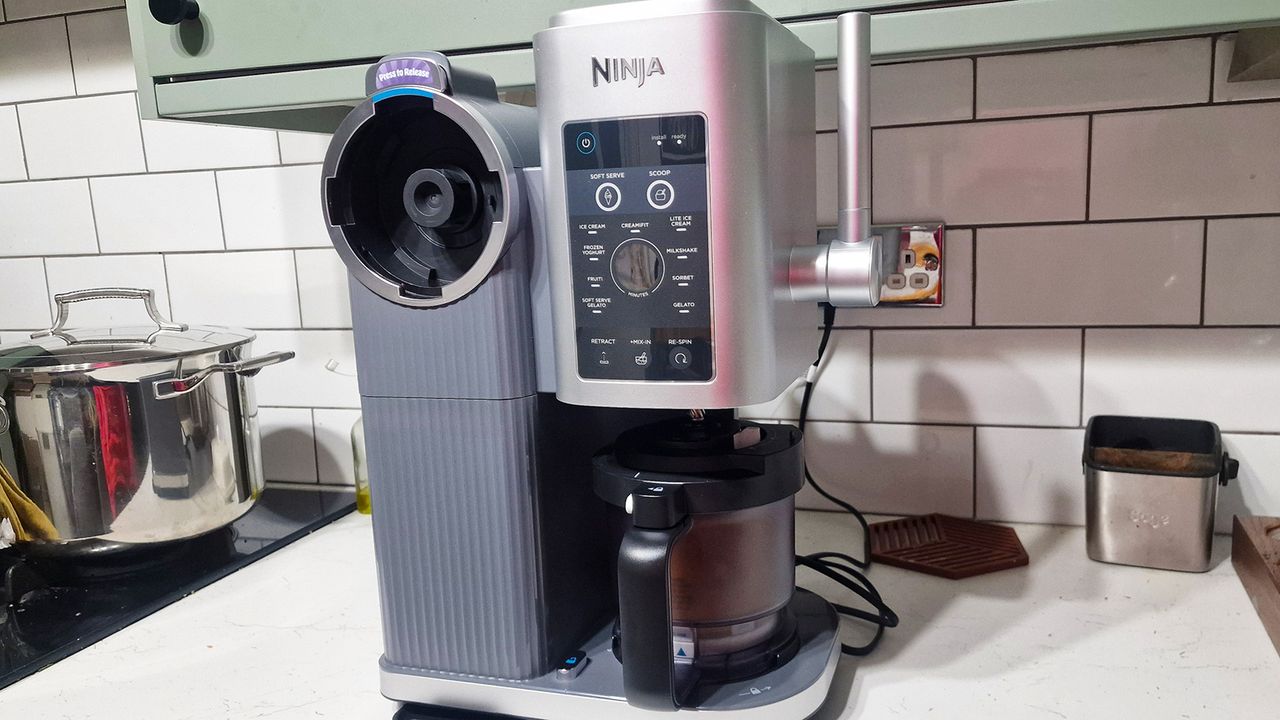
In today’s fast-paced world, the ability to harness momentum has emerged as a vital skill for both individuals and organizations. Whether in the realm of business, personal development, or social initiatives, momentum serves as a powerful force that propels efforts forward. Understanding how to effectively cultivate this momentum can lead to significant achievements across various aspects of life.
Understanding the Power of Momentum
Momentum, in a metaphorical sense, refers to the energy and drive that keeps individuals and groups progressing toward their objectives. Similar to its definition in physics, where it describes the motion of an object based on its mass and velocity, momentum in life and business creates a chain reaction of successes. Each small victory contributes to a larger sense of accomplishment, fostering an environment conducive to continuous growth.
The importance of momentum is underscored by its ability to enhance motivation, productivity, resilience, and opportunities for growth. As momentum builds, motivation increases. Each achievement, regardless of size, generates a sense of accomplishment that encourages individuals and teams to pursue further successes. Additionally, strong momentum enhances productivity, allowing tasks to be completed more efficiently and creatively.
Furthermore, when individuals or teams experience a series of successes, they often find it easier to recover from setbacks. Momentum transforms obstacles into learning opportunities, instilling resilience and a proactive mindset. This positive cycle can also act as a catalyst for growth, attracting attention and collaboration, ultimately leading to innovative outcomes.
Strategies for Accelerating Momentum
To effectively accelerate momentum, it is essential to adopt specific strategies aligned with clear objectives. Setting SMART goals—specific, measurable, achievable, relevant, and time-bound—provides direction and benchmarks for progress. Clear objectives not only guide efforts but also help measure success along the way.
Breaking down larger goals into manageable tasks can significantly enhance motivation. Smaller, achievable tasks lead to quick wins, fostering a sense of accomplishment that encourages continued action. Celebrating these incremental successes is crucial; acknowledging milestones boosts morale and reinforces positive behaviors that contribute to achieving broader objectives.
Building a supportive network amplifies momentum. Surrounding oneself with like-minded individuals who share similar aspirations fosters encouragement and accountability. Collaboration can bring diverse perspectives that enhance problem-solving and innovation.
In the digital age, leveraging technology plays a pivotal role in accelerating momentum. Utilizing project management tools, communication platforms, and analytics can streamline processes, improve efficiency, and enable effective tracking of progress. This technological approach empowers individuals and teams to maintain momentum despite challenges.
Flexibility is another critical factor in sustaining momentum. While having a structured plan is important, being adaptable to new information or changing circumstances ensures that initiatives do not stall due to unforeseen obstacles.
A positive mindset can also significantly influence the trajectory of momentum. Embracing challenges with optimism fosters resilience and creativity, inspiring individuals to remain committed and innovative in the face of adversity.
Regularly reviewing and reflecting on progress allows for the recalibration of strategies. Assessing what works and what does not adds depth and insight to the journey, enabling continuous improvement.
In conclusion, the ability to accelerate momentum is essential for achieving personal and organizational goals. By setting clear objectives, breaking them into actionable steps, celebrating progress, and fostering collaboration, individuals can harness the power of momentum effectively. In an increasingly competitive landscape, those who master these techniques will be better positioned to reach their aspirations and drive lasting change. As we navigate the complexities of modern life, maintaining momentum is not just beneficial; it is crucial for the collective advancement of our communities and industries.







